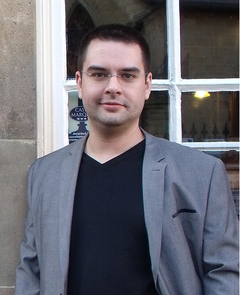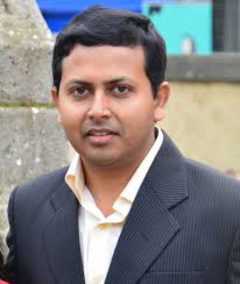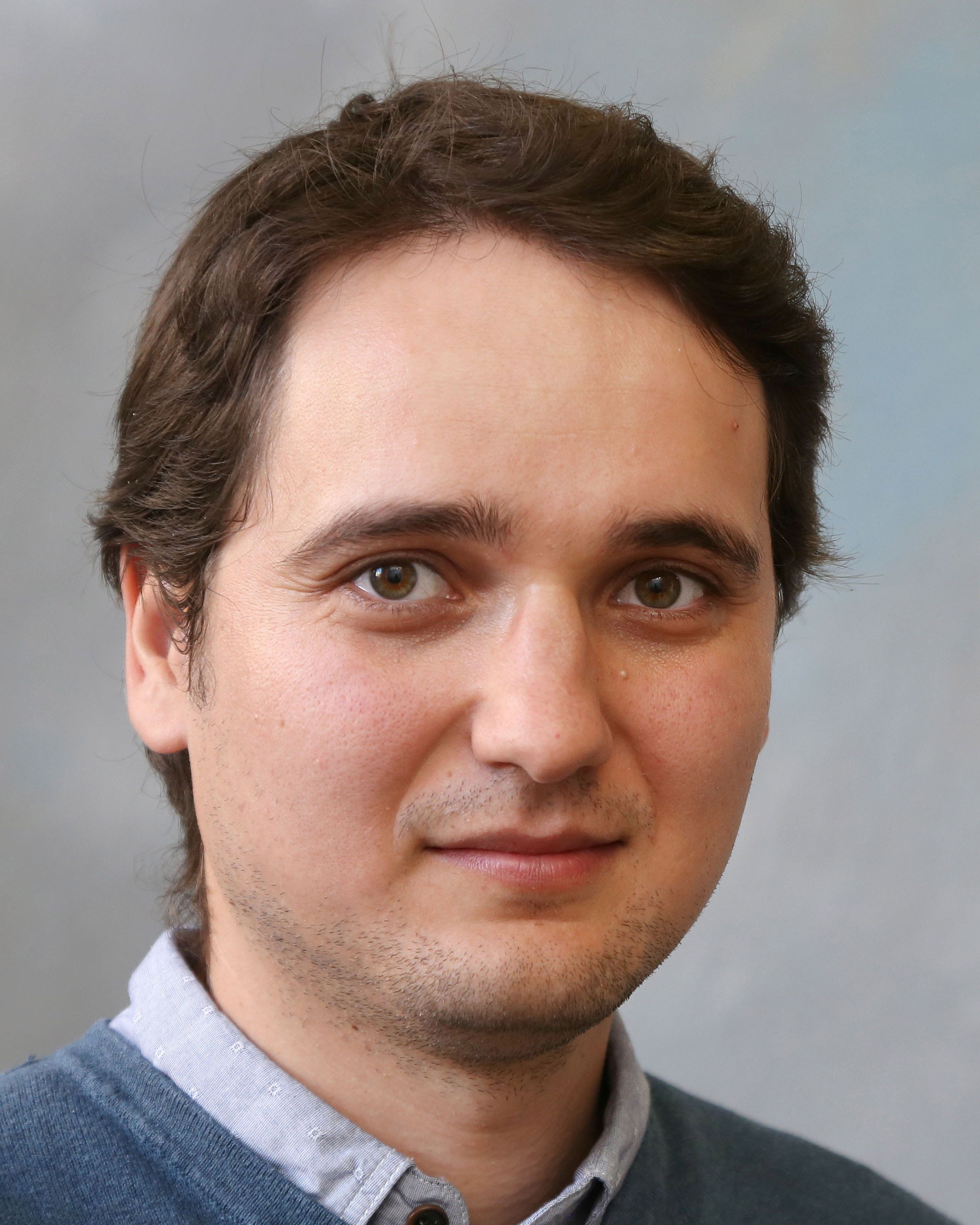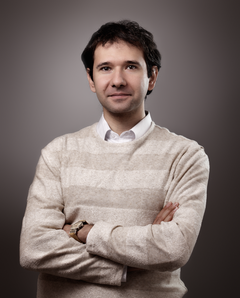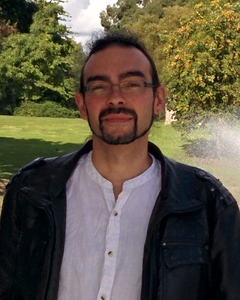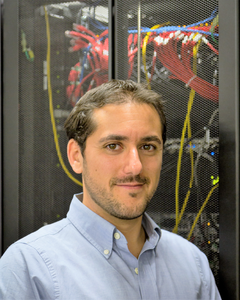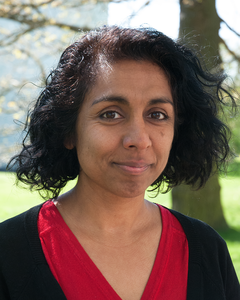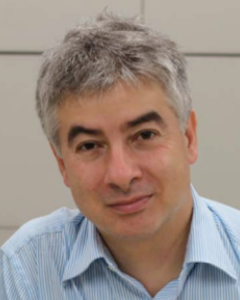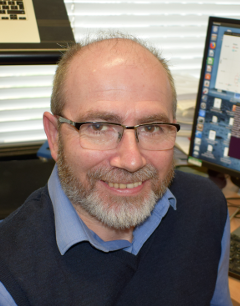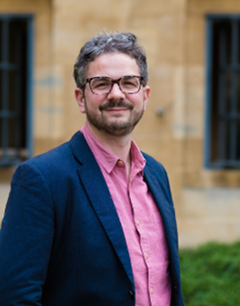I am an evolutionary biologist fascinated by the causes that
underlie the origins and diversity of the Animal Kingdom,
especially the evolution of animal genomes and their body plans, as
well as their systematics. My research spans molecular
phylogenetics and evolutionary genomics, merging zoology
(especially "invertebrates"), genetics and genomics, evodevo,
metagenomics and bioinformatics.
Some of the groups I have worked on are the Metazoa (all the
multicellular animals), the Opisthokonta (the eukaryote super-group
including animals, fungi and choanoflagellates among others), the
bilaterian super-clade Lophotrochozoa, the Platyhelminthes
(free-living flatworms, but also parasitic ones), the Acoelomorpha,
Xenoturbella, Chaetognatha, Gastrotricha and molluscs among many
others.
--About.me --Google
Scholar


